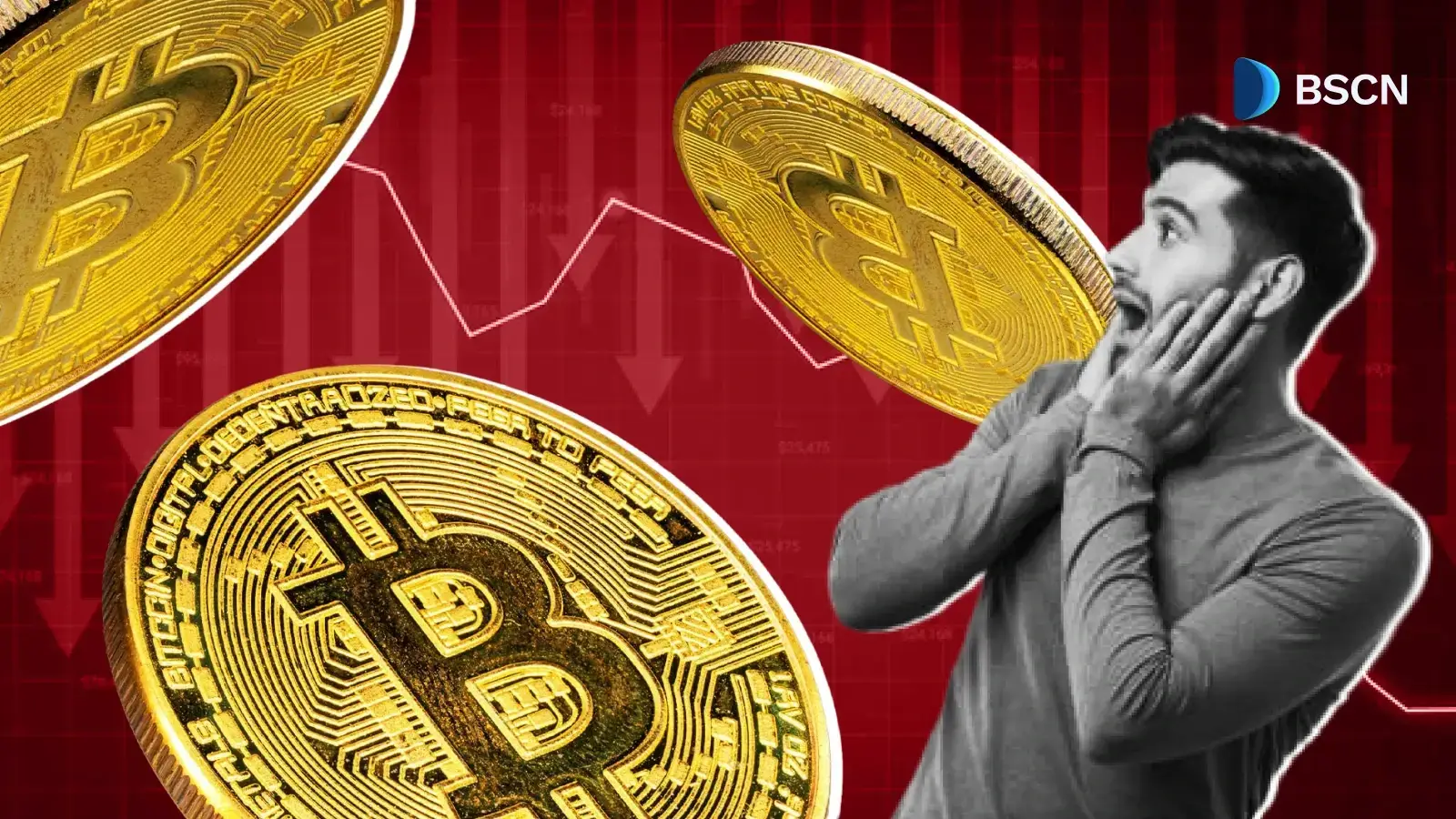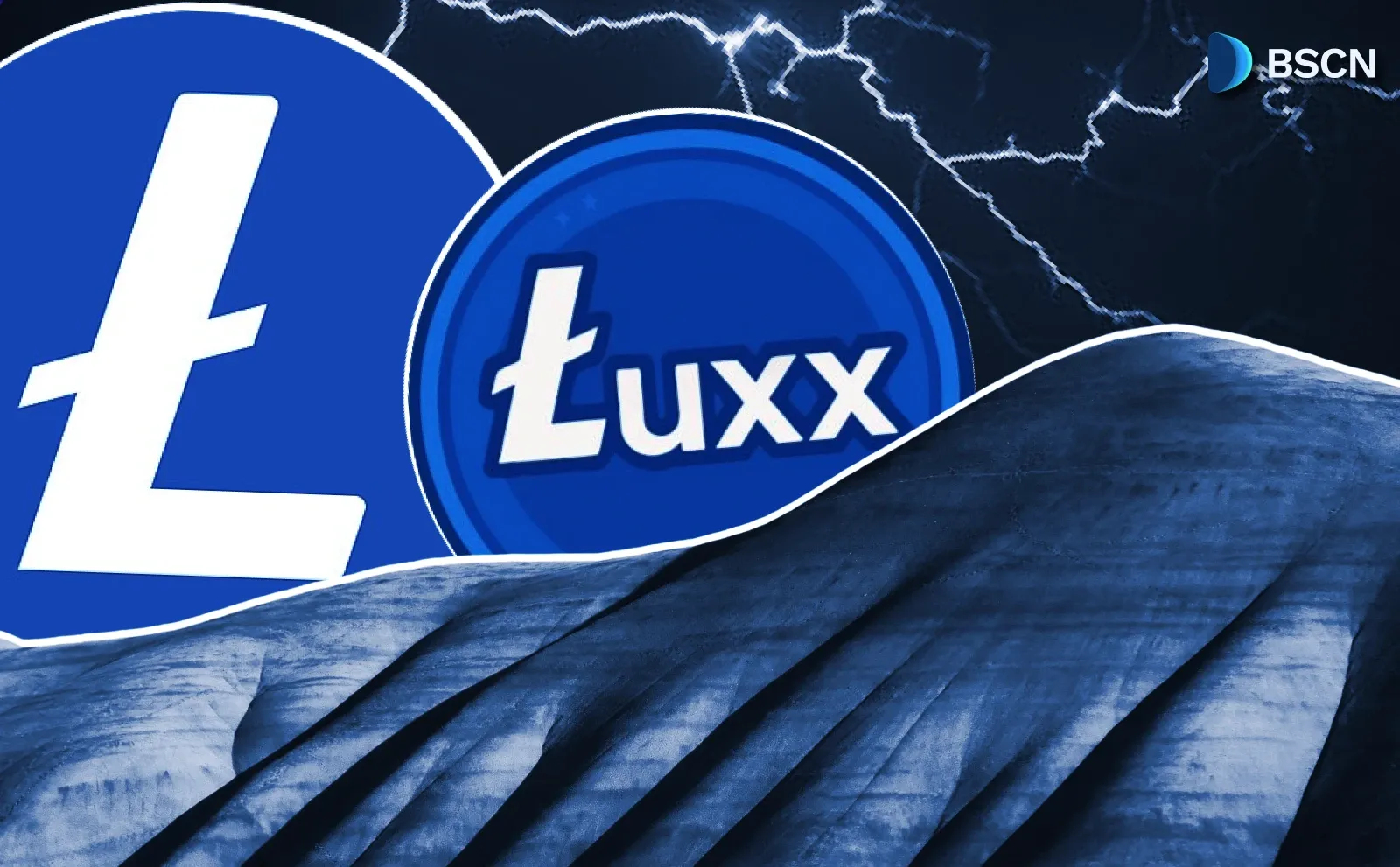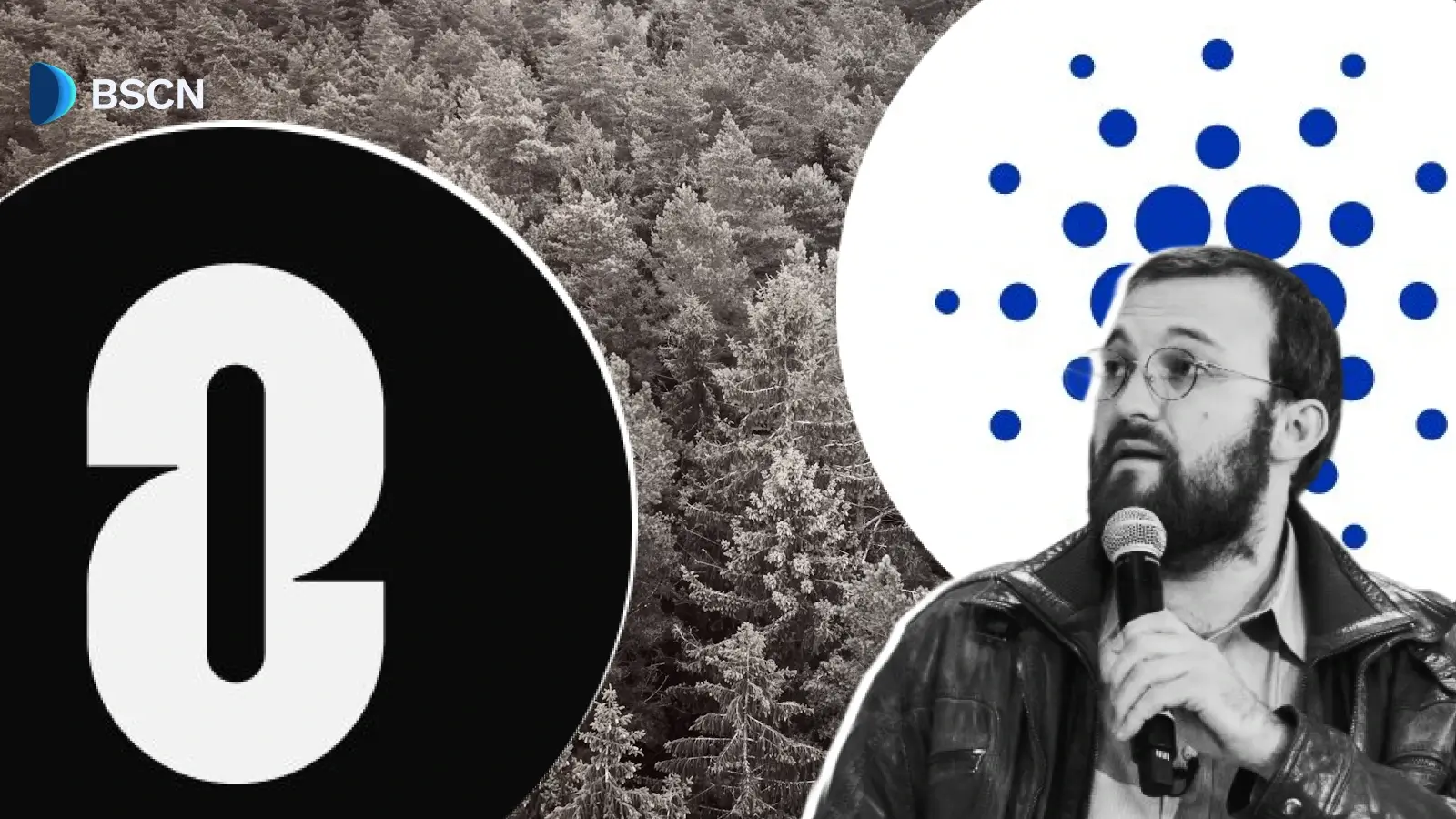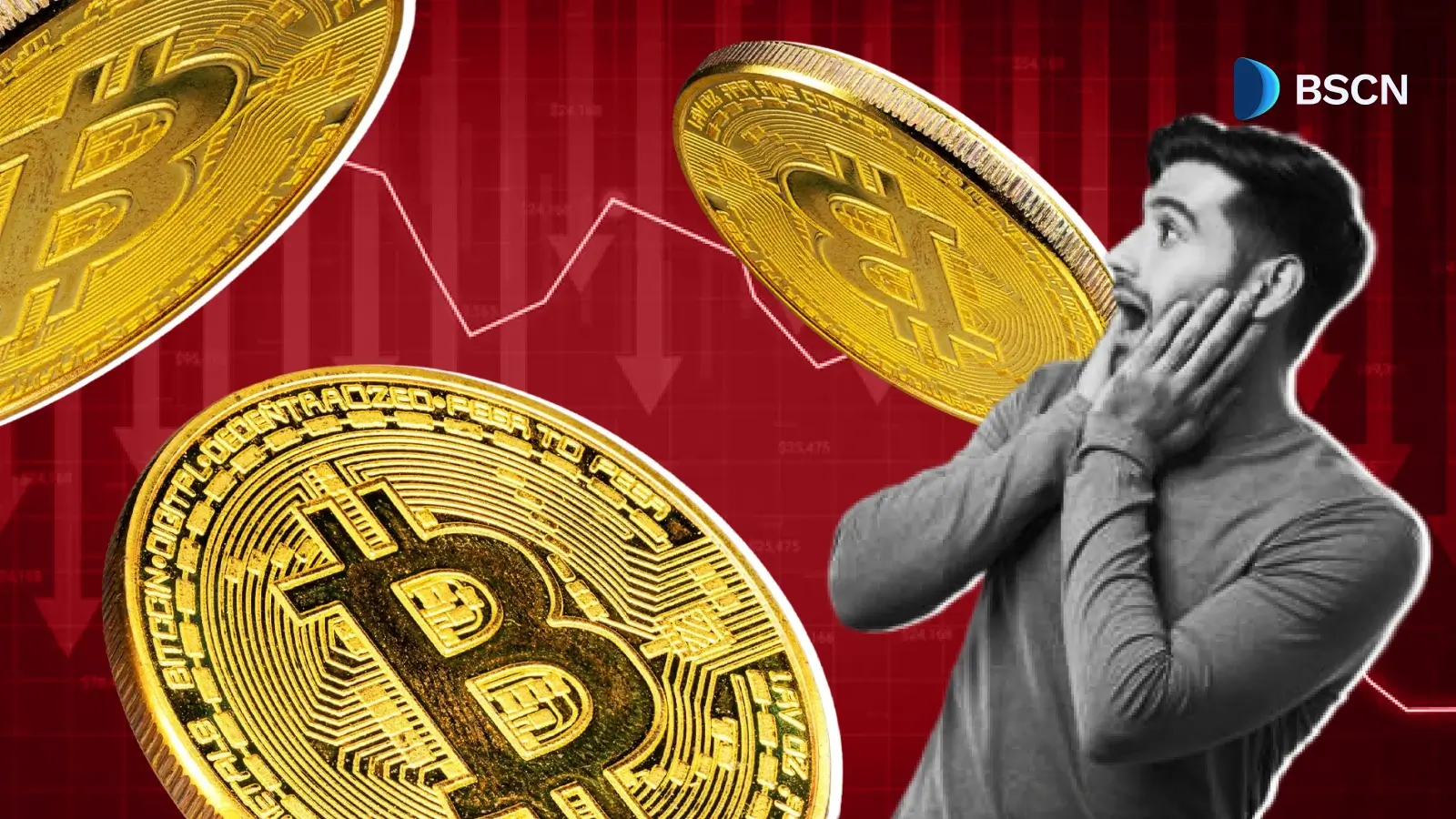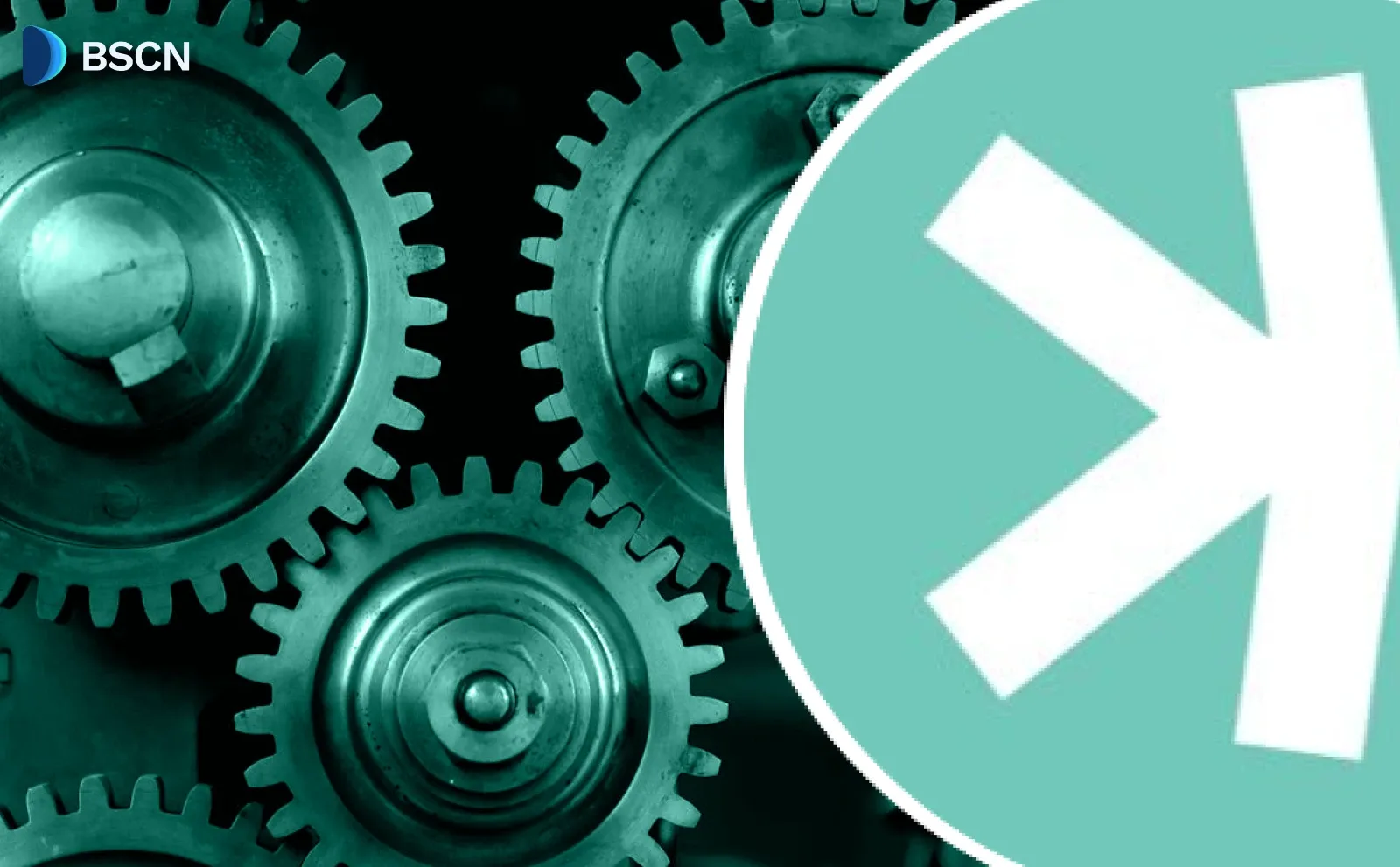Solana Community Backs Alpenglow Upgrade for Sub Second Finality
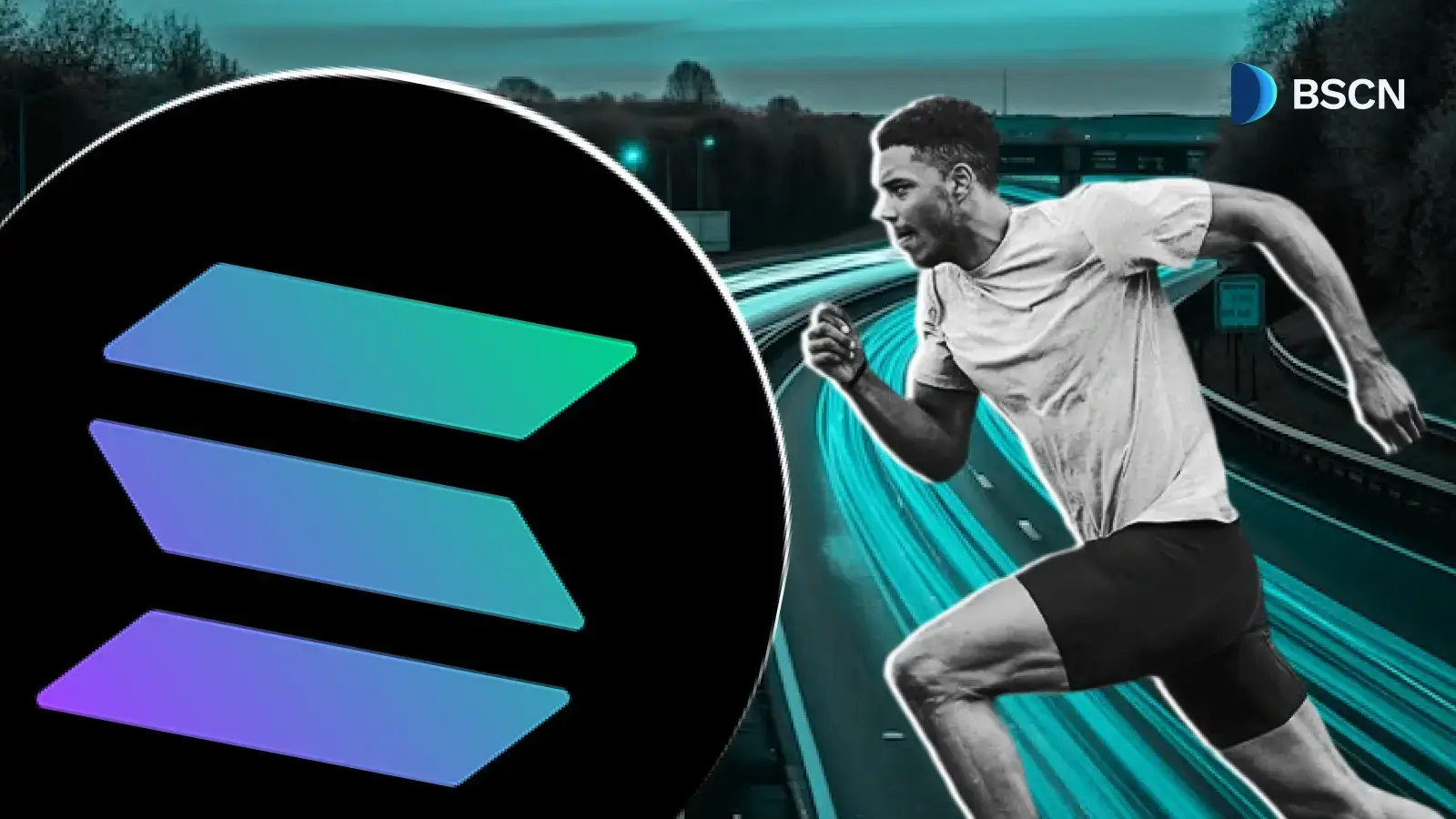
Solana approves Alpenglow upgrade, reducing transaction finality from 12.8 seconds to 150ms with Votor and Rotor consensus design.
Soumen Datta
September 1, 2025
Table of Contents
Solana Approves Alpenglow for Faster Finality
The Solana community has approved the Alpenglow (SIMD-0326) proposal, a major consensus upgrade that will reduce transaction finality from 12.8 seconds to just 150 milliseconds. The change, backed by near-unanimous validator support, makes Solana one of the fastest large-scale blockchains in operation today.
Alpenglow introduces a new design built around two components, Votor and Rotor, which replace the existing Proof-of-History and TowerBFT systems. With this change, Solana aims to achieve settlement speeds on par with Visa and Mastercard while strengthening its position in decentralized finance (DeFi), on-chain gaming, and other high-frequency use cases.
Accelerating Finality
Voting for the Alpenglow proposal took place between epochs 840 and 842, with over 99% of participants in favor. The strong backing from validators confirms community-wide support for prioritizing speed and scalability.
The upgrade slashes finality to roughly 150 milliseconds—a nearly 100-fold improvement. By comparison, Ethereum finalizes transactions in around 12 minutes, while Sui achieves about 400 milliseconds. This places Solana ahead of most competitors and close to Web2 infrastructure, including Google search response times.
Key Features of Alpenglow
- Votor: Direct-vote protocol that finalizes blocks in one round if 80% of validators participate, or two rounds if 60% respond.
- Rotor: Dissemination protocol that synchronizes validator activity and ensures redundancy across the network.
- Fee Structure: 1.6 SOL per epoch for validator participation, with funds burned to counter SOL inflation.
- Validator Rules: Rewards may be reduced, or validators removed, if they abstain or provide contradictory votes.
Together, these features create an architecture focused on speed while maintaining network stability and fairness.
Technical and Strategic Impact
Reducing finality to a fraction of a second makes Solana one of the fastest blockchains operating at scale. This has clear implications for industries where latency is critical:
- Decentralized Finance (DeFi): Instant settlement reduces risk in lending, trading, and derivatives.
- On-chain Gaming: Real-time responsiveness enables smoother player interactions.
- High-Frequency Trading: Institutional firms gain confidence with near-instant settlement guarantees.
Industry analysts note that Solana’s move could strengthen its position against Ethereum and Avalanche, which continue to face slower settlement speeds. The near-unanimous community vote suggests alignment between validators, developers, and ecosystem stakeholders on the importance of this shift.
The Mechanics of Alpenglow
Developed by Anza, a Solana-focused research group spun out of Solana Labs, Alpenglow represents a departure from Solana’s earlier framework.
How Votor Works
Votor manages validator votes and block finalization. If 80% of validator stake responds, blocks finalize in one round. If 60% respond, a second round completes the process. This design ensures rapid confirmation without compromising decentralization.
How Rotor Works
Rotor improves data dissemination by replacing Solana’s proof-of-history timestamping. Its function is to keep nodes synchronized quickly, even under heavy usage. This prevents delays and strengthens network resilience.
While Alpenglow reduces latency significantly, developers acknowledge it does not entirely eliminate the risk of network outages—a challenge Solana has faced in the past.
Community Response and Voting
Data from Staking Facilities shows that 99.6% of participants supported the proposal, surpassing the two-thirds majority requirement. The quorum threshold of 33% was reached, and more than 66% of eligible votes were counted by the time results were finalized.
- Support: 99.9% in favor
- Opposition: 0.12% opposed
The strong approval shows confidence among developers and validators. Many see Alpenglow as a reinforcement of Solana’s vision to provide fast, reliable infrastructure for Web3 applications.
What Comes Next
With approval secured, focus shifts to implementation. While specific rollout dates are not yet confirmed, developers are expected to integrate the changes in upcoming network upgrades. The transition will be closely monitored by validators and the community to ensure a smooth adoption.
The upgrade may also increase developer activity and liquidity on the network. Enhanced scalability and performance are expected to attract both retail users and institutional participants, though immediate price effects for SOL remain uncertain.
Conclusion
The approval of Alpenglow represents a major step in Solana’s technical development. By cutting finality times from 12.8 seconds to just 150 milliseconds, Solana positions itself among the fastest and most responsive blockchains. The combination of validator consensus, efficient data dissemination, and cost structures strengthens its infrastructure while setting new standards for performance in decentralized systems.
Resources:
Solana Alpenglow Whitepaper: https://luma.com/ibej2g4k
Solana Whitepaper: https://solana.com/solana-whitepaper.pdf
SMID vote status: https://simd-votes.stakingfacilities.com/
Read Next...
Frequently Asked Questions
What is the Alpenglow proposal?
The Alpenglow (SIMD-0326) proposal is a Solana consensus upgrade that reduces transaction finality from 12.8 seconds to 150 milliseconds using Votor and Rotor.
How does Alpenglow improve Solana’s speed?
It introduces Votor for validator voting and Rotor for data synchronization, allowing transactions to finalize in under a second while maintaining stability.
Will Alpenglow fix Solana’s network outages?
No. While Alpenglow reduces latency and improves efficiency, it does not fully eliminate the risk of outages that Solana has experienced in the past.
Disclaimer
Disclaimer: The views expressed in this article do not necessarily represent the views of BSCN. The information provided in this article is for educational and entertainment purposes only and should not be construed as investment advice, or advice of any kind. BSCN assumes no responsibility for any investment decisions made based on the information provided in this article. If you believe that the article should be amended, please reach out to the BSCN team by emailing [email protected].
Author
 Soumen Datta
Soumen DattaSoumen has been a crypto researcher since 2020 and holds a master’s in Physics. His writing and research has been published by publications such as CryptoSlate and DailyCoin, as well as BSCN. His areas of focus include Bitcoin, DeFi, and high-potential altcoins like Ethereum, Solana, XRP, and Chainlink. He combines analytical depth with journalistic clarity to deliver insights for both newcomers and seasoned crypto readers.
Crypto Project & Token Reviews
Project & Token Reviews
Comprehensive reviews of crypto's most interesting projects and assets
Learn about the hottest projects & tokens
Latest Crypto News
Get up to date with the latest crypto news stories and events





